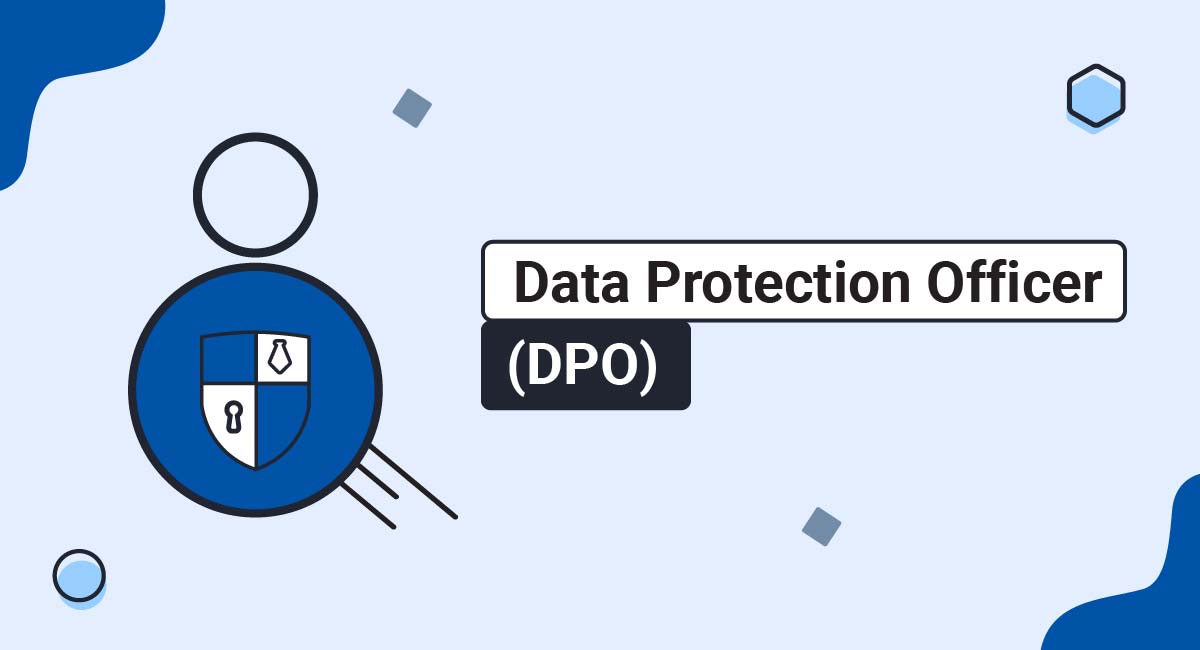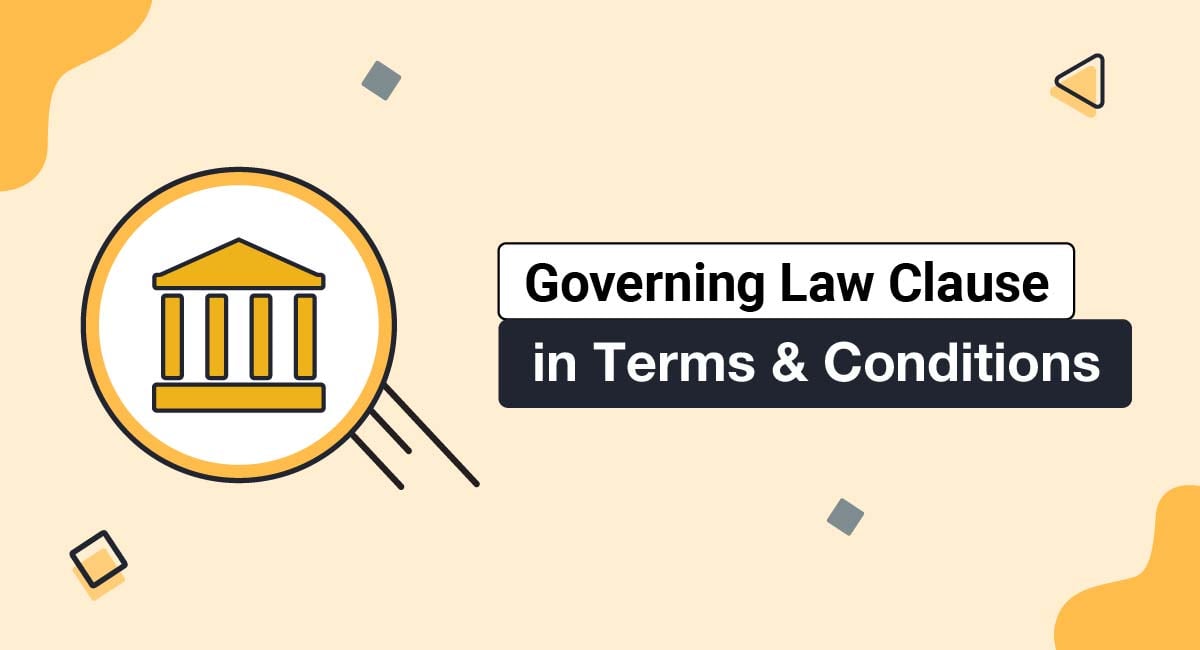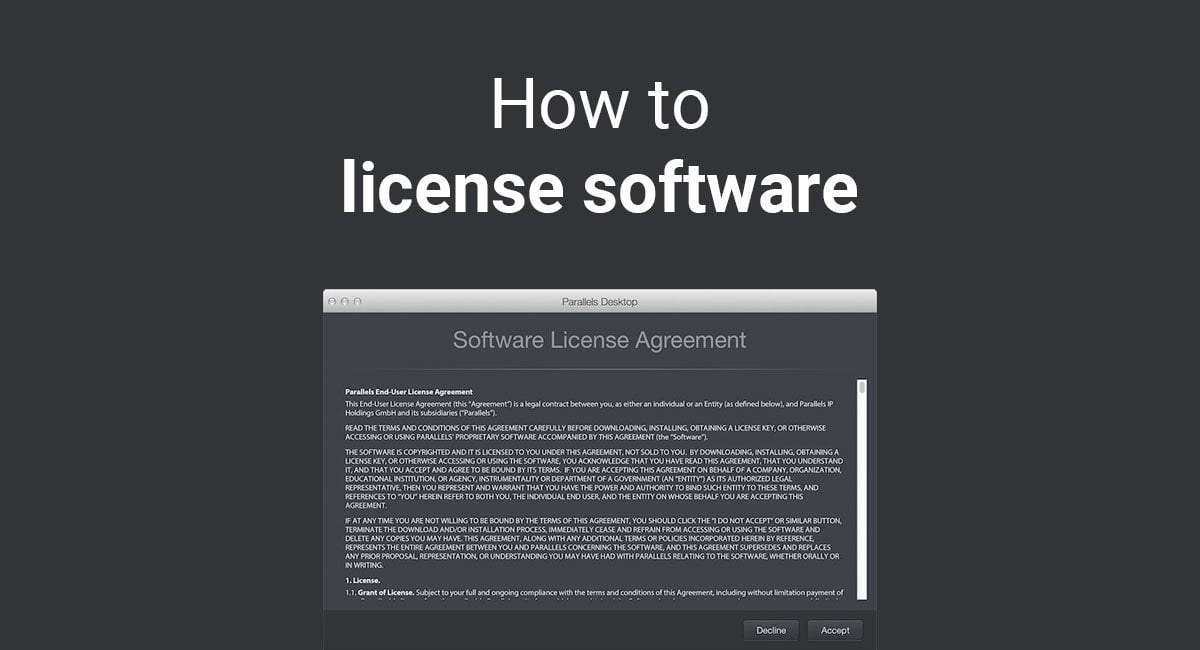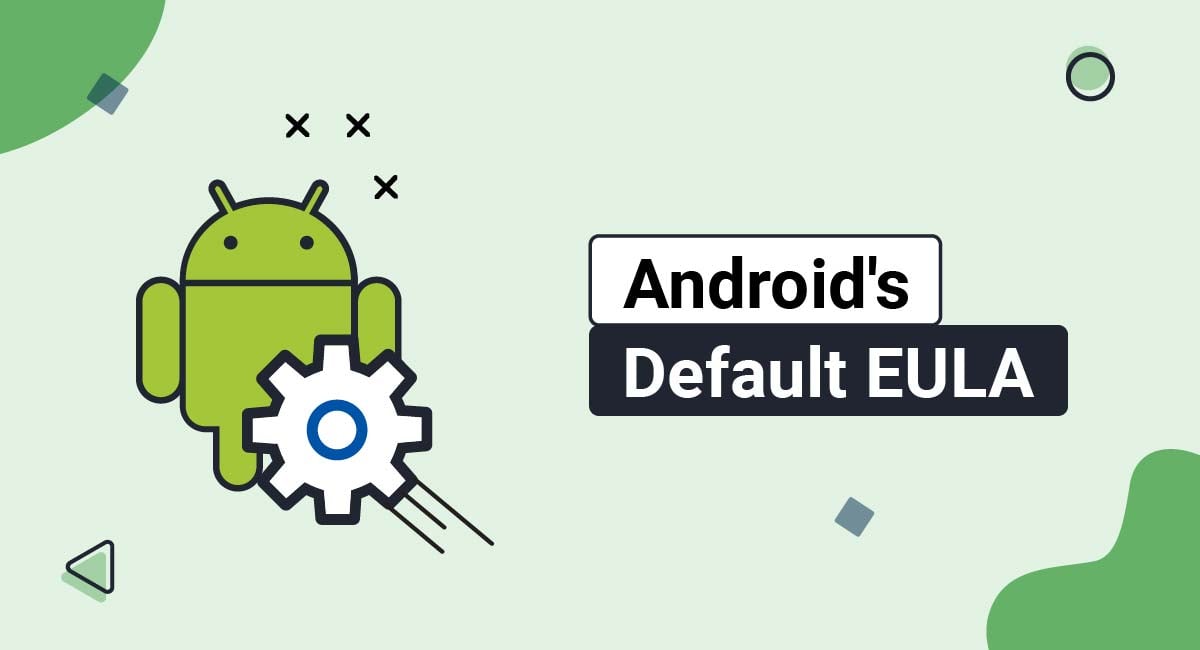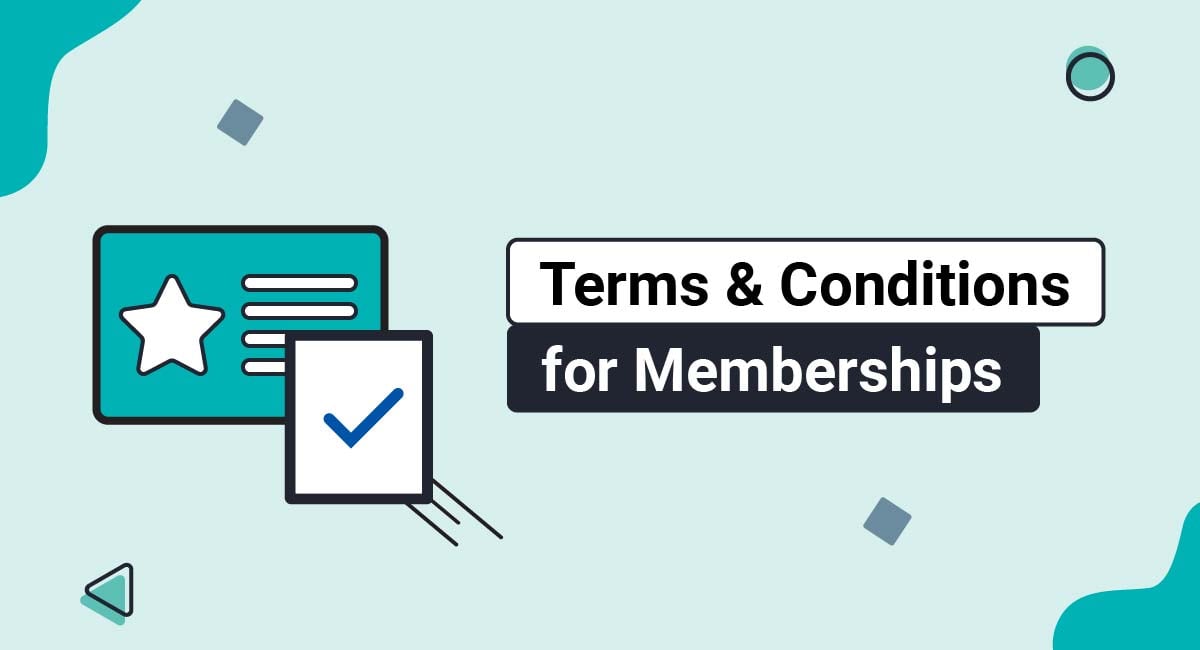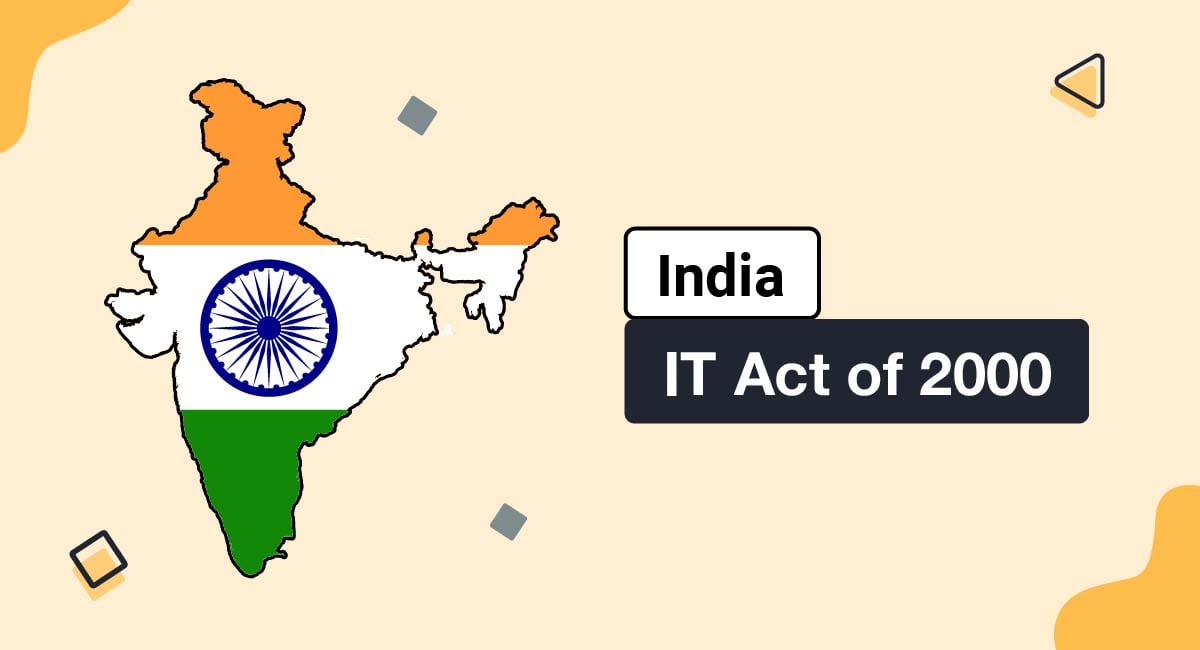Blog - Page 92
Legal articles in easy to understand language.
Data Protection Officer (DPO)
A Data Protection Officer (DPO) is an independent professional tasked with overseeing a company's data protection strategy and ensuring compliance with data privacy laws. Since the arrival of the General Data Protection Regulation (GDPR), appointing a DPO has become mandatory for many organizations worldwide and a best practice in general. This article...
Governing Law Clause in Terms & Conditions
A "Governing Law" clause is a clause used in legal agreements where you can declare which rules and laws will govern the agreement if legal issues arise. This clause will be found consistently in contracts and legal agreements between companies and their users. You can typically find these clauses in standard...
How to License Software
Your choice of a license agreement for software application depends on on what you wish to grant to a user. While most software apps only use the End-User License Agreement (EULA), there are open source licenses that give users more discretion on how they use a software's code. This article is...
Android's Default EULA
Android apps are not required by Google Play to include an End User License Agreement ("EULA"). However, having an EULA in place regardless can be a good thing for a number of reasons, including protecting your intellectual property, and limiting your liability to users of your app. While using the Apple platform...
Terms and Conditions for Memberships
When you create a membership website, one of the most important things you can do to protect your business and your members is to have a Terms and Conditions agreement (T&C) in place. This agreement lays out the rules and regulations for your website's operation and what members can expect...
India IT Act of 2000 (Information Technology Act)
India's IT Act 2000 covers offenses involving computers, computer systems, or computer networks in India. It also makes acts like hacking, data theft, spreading of computer viruses, identity theft, defamation (sending offensive messages), pornography, child pornography, and cyber terrorism criminal offenses, and gives legal validity to electronic contracts and recognition...
